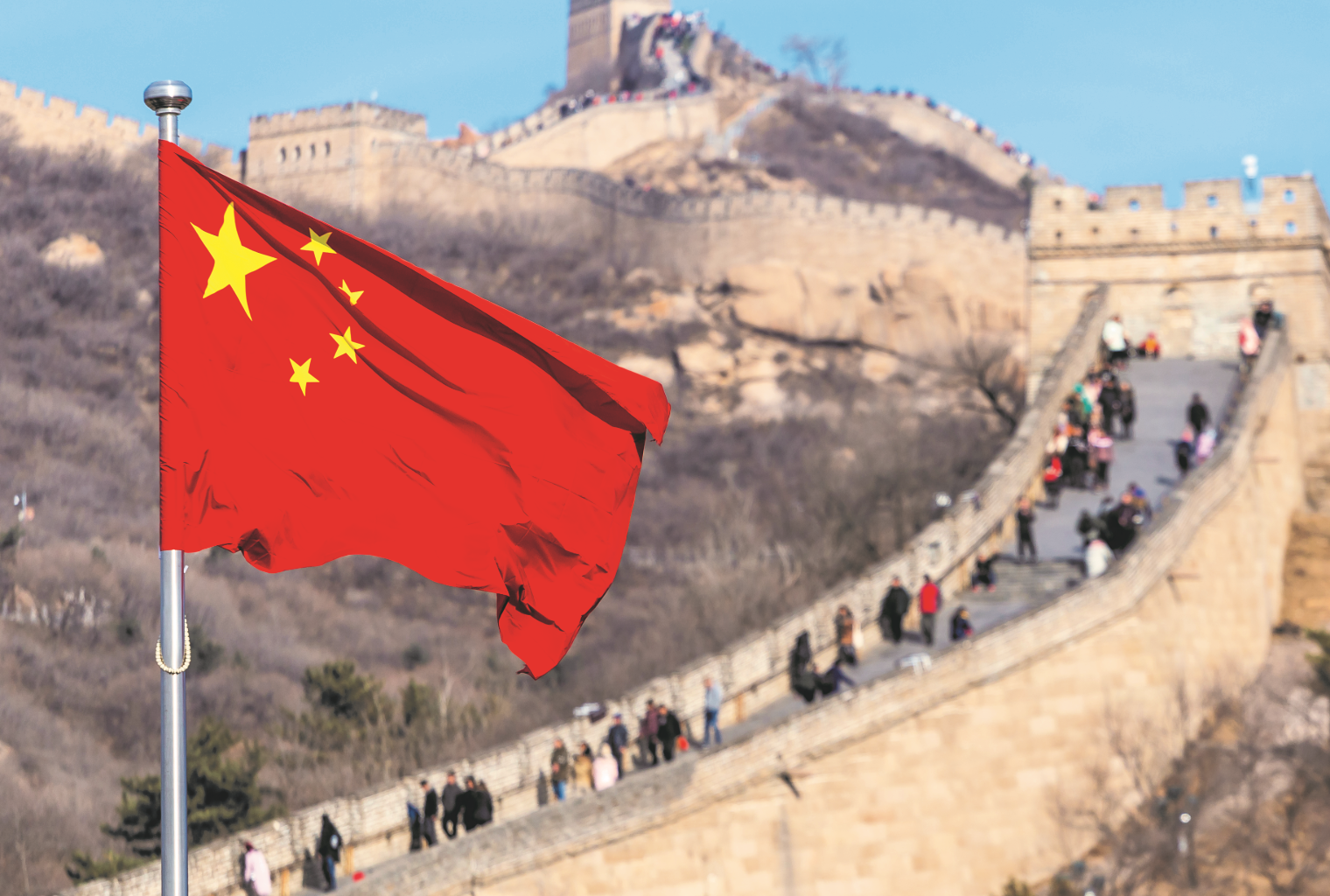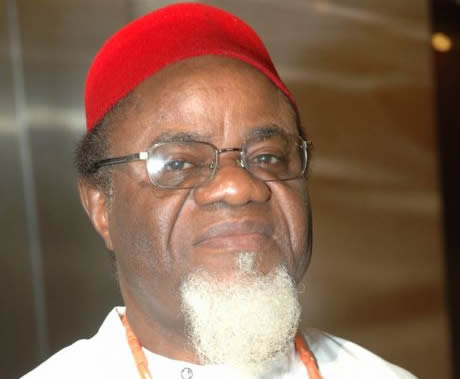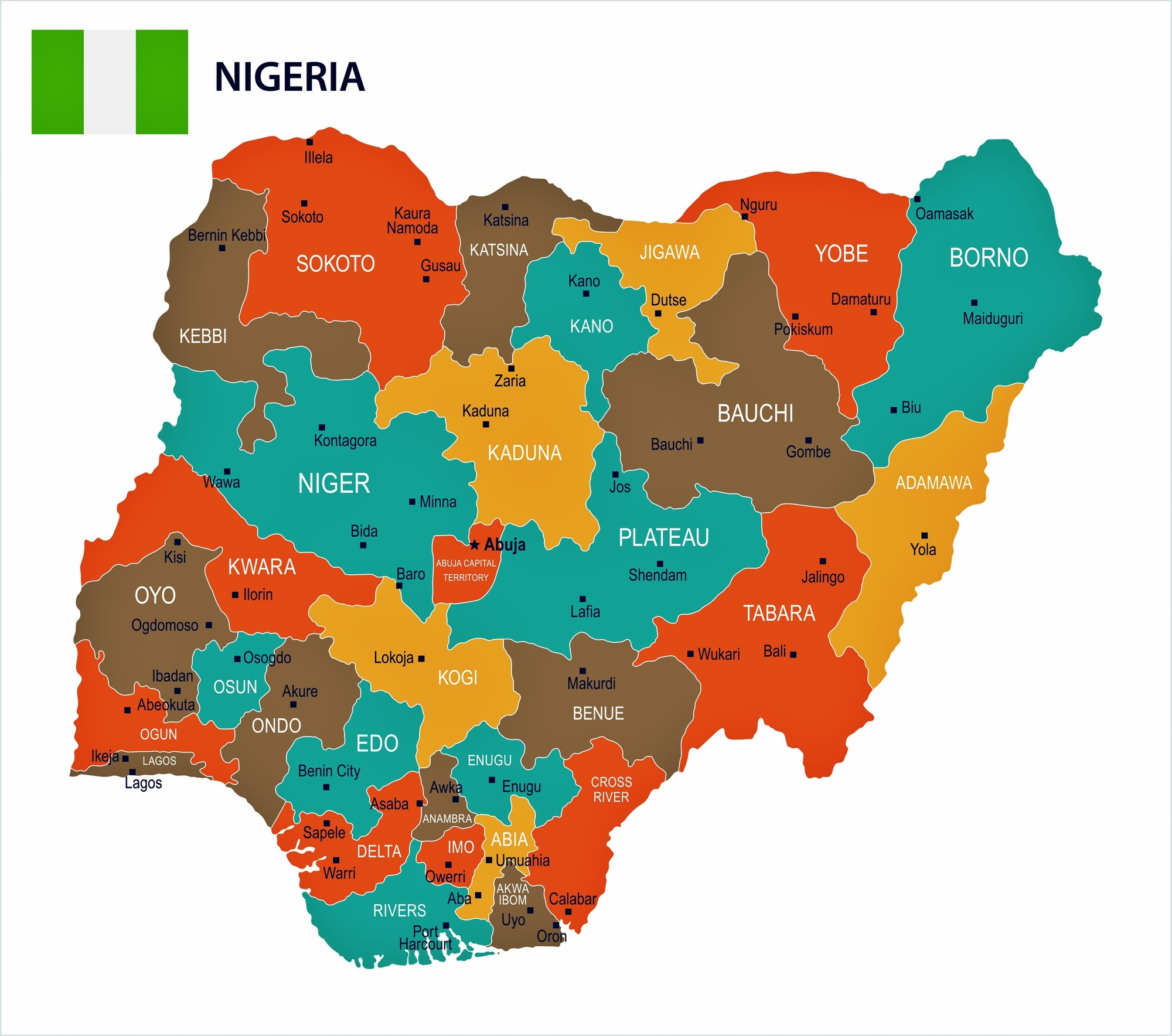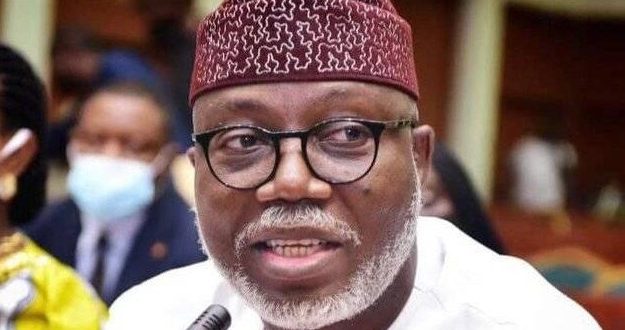The Chinese Loan And How We Are Seen By Others

 By Emeka Alex Duru
By Emeka Alex Duru
(nwaukpala@yahoo.com, 08054103327)
In the last couple of days, Nigerians have been in frenzy of sorts. An alarm by a lawmaker over a certain clause in an agreement signed by Federal Ministry of Finance (borrower) on behalf of Nigeria and the Export-Import Bank of China (lender) on September 5, 2018, is the bone of contention. The clause states; “The borrower hereby irrevocably waives any immunity on the grounds of sovereign or otherwise for itself or its property in connection with any arbitration proceeding pursuant to Article 8(5), thereof with the enforcement of any arbitral award pursuant thereto, except for the military assets and diplomatic assets.” Nigerians interpret that to mean that the agreement may end up placing the country on the slab for China.
You may not blame them. They are simply being patriotic. They do not want to lose their identity. After all, the Italian Renaissance diplomat and writer, Niccolo Machiavelli, in his great work, The Prince, remarked that men easily forget the death of their fathers than the loss of their heritage. Here in 1984, General Muhammadu Buhari as military head of state, had counselled, “This generation of Nigerians and indeed future generations have no other country than Nigeria. We shall remain here and salvage it together.” Everything must therefore be done to protect the fatherland.
Also, for a people that had gone through the hell of full blown colonialism and experienced its disruptive tendencies in their customs and lifestyle between 1914 and 1960, any action that seems to suggest a return to that era of subjugation, will always be resisted. It is on this backdrop that the expression of fears over the controversial article in the loan agreement can be understood. Coming also on the heels of allegations of China seizing major assets of Zambia and other countries that had defaulted in repaying their loans, the situation becomes scarier.
Scholars in international law have tried to explain that there is nothing unusual in the clause. According to them, it simply means that in the event of default in repayment, the borrower, in this case, Nigeria, cannot plead immunity before an arbitration panel and will be liable to judgement entered against it. That looks simple, on the surface.
Ordinarily, there should not have been reasons for Nigerians to be worried, with the explanation and repeated assurances by the government. Among entrepreneurs, there is nothing wrong with seeking loans or other facilities to grow or enhance businesses. What matters really, is what becomes of the loan and what it is used for. But Nigeria is a unique society. This is a system where trust has gone to the winds. It is one in which the led does not believe in the leader; and the leader cannot predict the led. The situation is that bad! Therefore, the mistrust around the Chinese loan, is not misplaced.
But more importantly, the obviously deliberate insertion of the humiliating clause by China in the agreement, is an indication of our perception and reputation in the international system. It shows who we are and how we are seen by others. Coming from China, rankles exceedingly. The gap between Nigeria and modern China in the march to nationhood, was not particularly wide. The Peoples Republic of China was proclaimed on October 1, 1949, after the successful overthrow of the Nationalists by the Mao Zedung – led Communist Party. Nigeria gained her independence on October 1, 1960. After the initial experiments and errors, China had by 1982, put in place measures and strategies at broadening its economic base and positioning itself for a place in the First World. Between China’s proclamation and Nigeria’s political independence, was a space of 11 years. Like China, Nigeria had taken off on a good note, with an active population, conducive geography, exciting culture, extensive alliances, a strong military (at least going by African standard) and other indices that determine national capabilities. But that was where the comparison ended. Ever since, China has moved on, while Nigeria remains static, in many ways. In fact, for China to emerge from the backwardness of its pre-1949 era to be showing Nigeria the way forward and determining the structure of their economic relationship, demonstrates the extent we, as an entity, have reclined into underdevelopment.
What China has simply exhibited in the tricky loan agreement clause, is realpolitik – positioning its national interest. It does not want to take chances or embark on a journey to a blind alley. The country intends to recoup its investment in the long run. You do not blame them. They are being strategic. As it is said, there is no free launch in Freetown. Rather than rising up in anger against China, the contentious loan issue, is one that should get the Nigerian leaders thinking.
Other nations and organisations are equally keeping close tab on us, out there, besides China. There are basic principles that determine how a state is reckoned with by its peers. These inform the extent of trust they repose in it. The conditions include quality of political leadership, technology, economy, diplomacy and the governmental system. In virtually all of these yardsticks, Nigeria is in deficit. The standard of living of the citizens, is abysmally low. With our recent ranking as the world’s Poverty Capital and our inability to shift from extreme dependence on Oil to a diversified economy, the chances of the country getting up from its knees, remain slim. It will be a huge luck to get a Nigerian who can willingly lay his/her life for the country. In that case, our touted sovereignty, at best, remains a matter of expression but hardly in substance.
Nigeria is still analogue in technology and leadership. This is heavily weighing against us. But what perhaps projects us more as an object of ridicule before others, is the governmental system. Nations with strong institutions, functional democracies and corresponding rule of law, earn respect of others. How transparent have our elections been? When we sex up figures for preferred candidates to the point of votes outweighing voters as recently observed in Imo State, the international community is watching us. The impunity with which succeeding administrations in Nigeria repudiate existing contractual obligations of their predecessors, is equally a factor that counts against the country. To crown it all, Nigeria’s tendency at shifting alliances without precise foreign policy objectives, makes it a suspect in relations with other states.
China may therefore not be blamed for inserting a clause in the loan agreement that will guarantee return on its investment. If anything, it is even taking a risk that others avoid. For those other states, we are better kept at arm’s length. In that case, China will appear as the best of the lots, for even acceding to the loan request.
Duru is the Editor of the Niche Newspaper.







